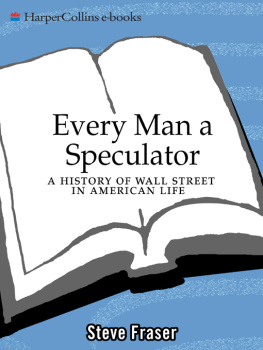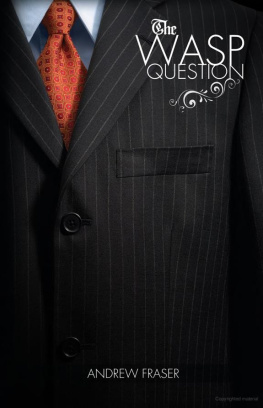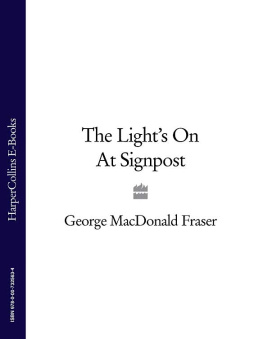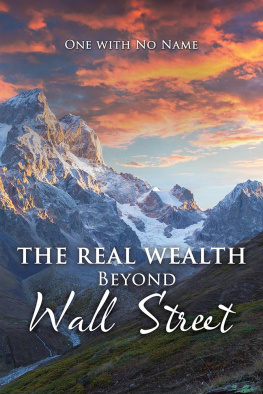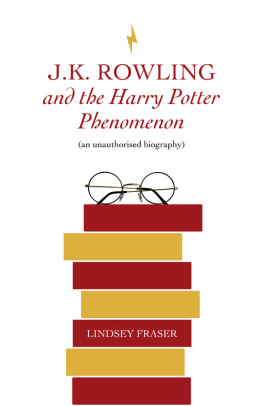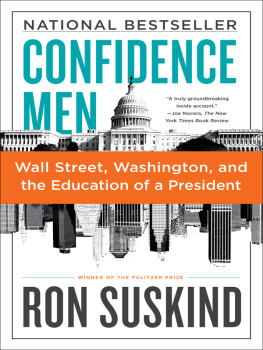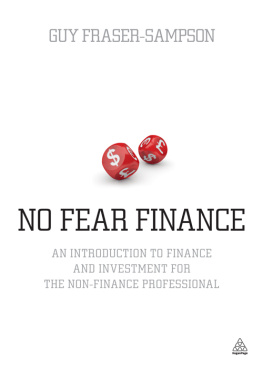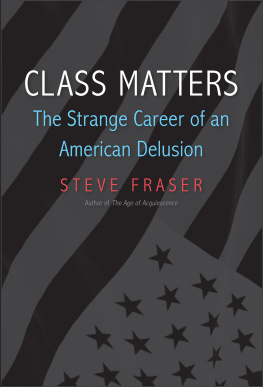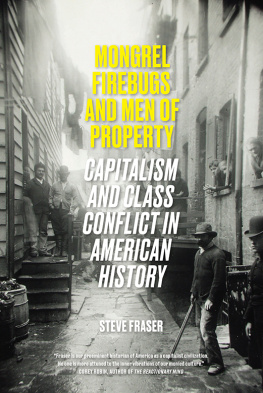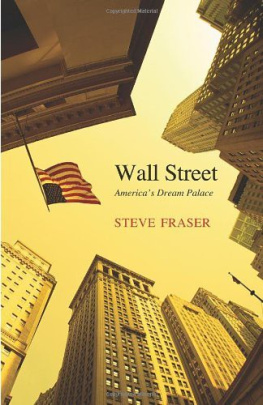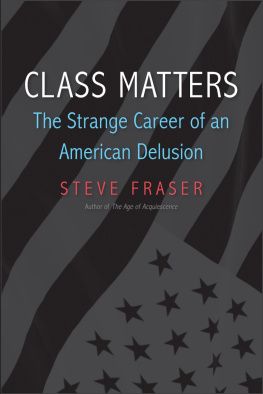Every man is a speculator, from a wood-sawyer to a President, as far as his means will go, and credit also.
I spent many years as a book editor. One thing editors do is come up with book ideas and ideas about who might write them. I should begin then by thanking all those people who turned me down over the years when I approached them with the idea of writing a cultural history of Wall Street. They were invariably polite. Thank youbut no, thank you, they would say, often alluding to the amorphous open-endedness of such a project. So when my work life veered away from publishing, there the project still stood, an idea without an author. Where others had refrained, I leapt recklessly ahead, probably because I had fewer options. Anyway, were it not for their restraint and wisdom, I wouldnt be writing this preface.
Wisdom it was, however. If you set out to write a history of Wall Street that aims to explain its economic evolution and impact, to describe the legendary frenzy of the trading floor, to depict the lives of its outsize d heroes and villains, youve bitten off a mouthful. But at least youre on familiar terrain with known borders. If, however, you decide instead to chronicle the way Wall Streetboth as a real and metaphorical placehas penetrated the cultural interior of a peoplewell, the roadmaps are harder to find. Almost anything from a poem to a presidential address to a television sitcom is grist for that mill. At the end of the day, whos to say what belongs and what doesnt belong in such a cultural history. At sea without a compass one looks for signs of land or points of light. My most encompassing debt therefore is to all those scholars and writers whose works I have picked through looking for material that I might recycle according to some design of my own. I only hope that the endnotes convey some sense of how indebted I am to those who came before me, whose own work may have had little or nothing at all to do with a cultural history of Wall Street, but without whose researches I would still be at it.
Next there are institutions and people closer to home whose advice and support have been indispensable. I want to thank the New York Public Librarys Center for Scholars and Writers, its gracious and always helpful first director, Peter Gay, and his assistant, Pamela Leo. While a fellow at the Center I read a lot, wrote the first drafts of three chapters, and most of all enjoyed the company of a group of colleagues whose diverse intellectual interests and camaraderie made the year at the Center a memorable one. Thanks then to Rachel Hadas, Jonathan Bush, Ann Mendelsohn, Phillip Lopate, Colm Toibin, Francisco Goldman, Joseph Cady, Ilene De Vault, Claudia Roth Pierpont, Bernhard Schlink, Eiko Ikegami, Walter Frisch, and Serinity Young. Princeton Universitys Anschutz Distinguished Teaching Fellowship gave me a chance to invent a course about the cultural history of Wall Street and try out my ideas on some intellectually curious if somewhat stressed-out upperclassmen. Sean Wilentz, head of the American Studies Program at Princeton and director of the Anschutz Teaching Fellowship, welcomed me to the university and then went off to finish his own book, leaving me in the friendly hands of Professor Dirk Hartog, Seans replacement for that year. Judith Ferszt, the administrator of the American Studies Program, guided me expertly through the intricacies of unfamiliar academic protocols. I was also lucky enough to be awarded a fellowship at Rutgers Universitys Center for the Critical Analysis of Contemporary Culture, where I finished work on my book and participated in a fascinating, multidisciplinary seminar on risk, a phenomenon that makes up much of the mystique surrounding Wall Street. I owe a special thanks to Jackson Lears, who directed the seminar and made my participation possible. I dont know that I would have been awarded any of these fellowships without the continuing support for this project by Arthur Schlesinger Jr., Eric Foner, Sean Wilentz, David Nasaw, and Gary Gerstle. Professor Sven Beckert graciously invited me to deliver a paper at his Harvard seminar, which gave me a chance to clarify some of the thematic ideas that inform the book.
Three graduate students, all of whom seem destined to go on to become fine historians, provided invaluable help with the research for this book. Kim Phillips-Fein, Richard Wells, and Adina Popescu not only hunted down all sorts of relevant material, not only helped me overcome my computer illiteracy, but offered their own insightful comments about what I was doing. Two other graduate students, Julia Ott and Janice Traflet, who are themselves writing about Wall Street, shared their ideas and even their research materials with me. For help in managing the logistics of my own research I want to thank Danny Walkowitz and the late Bill Roseberry. Various friends and colleagues took time out from their own work to read and criticize parts or all of the manuscript. Gary Gerstle, Michael Kazin, Wallace Katz, and Kim Phillips-Fein commented on drafts of the earlier chapters. They were encouraging while urging me to do better and helping to point out how. I doubt Ive accomplished all they might have wished, but I think the book is better because they tried to make it so. Two close friends performed emergency duty. I was taken by surprise when one day the book ended. Having worked on it more or less every day for five years, it hadnt quite registered that I was finished. Or was I? I asked Paul Milkman and Josh Freeman if they would slog through all its 800 pages, do so quickly, and tell me whether it was really ready or close to ready for my publisher. They agreed, and while assuring me it was close to ready made numerous suggestions about how to make it readier. Selfless acts of friendship like this are rare, and Im deeply grateful.
While Paul and Josh were reading away, so was my editor, Tim Duggan. Tim had already made a series of probing comments on earlier chapters. Now that the manuscript was complete, his enthusiasm helped bolster my shaky confidence. I also want to thank Adrian Zackheim, who originally showed enough confidence in the project to sign it up before moving on to another publishing house. Even before Adrian, my agent, Sandy Dijkstra, believed in the book and represented it with her customary intelligence and forcefulness. For their moral support and wise advice during times when I despaired Id never be able to complete this project, I owe an incalculable debt to my good friends Eli Sagan, Tom Engelhardt, and Joel Kaye.
Only one other person read the manuscript from cover to cover. Indeed, she read it more than once, laboring over each chapter as it was drafted, rereading the revised versions. She was unsparing in her criticism, which can be a delicate undertaking when youre assessing something written by your husband, and I take it as a mark of how much she cares. A journalist and book writer herself whos helped me with previous writings, Jill proved once again to be an astute critic of both form and substance. She was also invariably upbeat about the book. This is part of Jills nature and one vital reason she means so much to me. My son, Max, read and gave me perceptive feedback on one of the chapters. A junior in college, hes decided, at least for now, to become a historian. Whether he does or not, I couldnt be prouder of all that hes already accomplished and for the remarkable person hes turning out to be. His presence in my life helps make everything else worthwhile. Emma put up with her fathers grouchy reclusiveness during these past five years. Being a talented creative writer, she made a series of brilliant suggestions for the books title. They were more daring than a stodgy publisher and an inhibited author could tolerate, however. Emmas help went deeper than that, anyway. Writing a book can be arduous and anxiety-provoking. When I look back, I realize that one precious escape from that pressure were those trips with Emma to and from dance class, several times a week, week after week, year after year. They not only were fun, they reminded me about what matters most. Im looking forward to many more. Jill, Max, and Emma help me keep everything in perspective.

